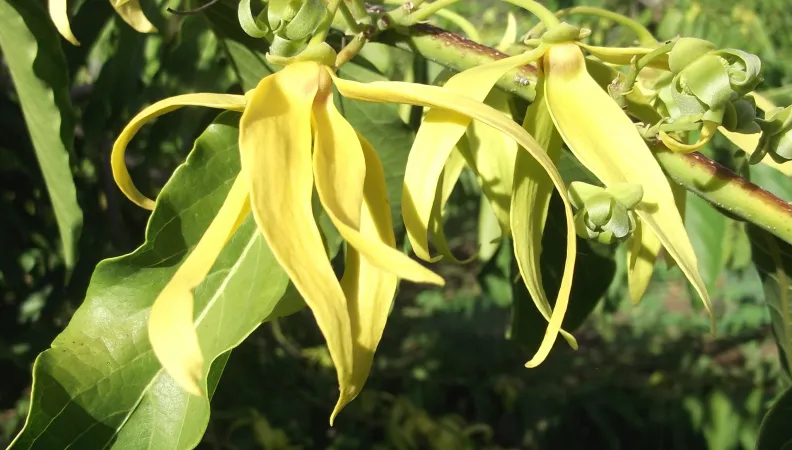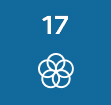Share the page
Reducing the environmental impact from the essential oils distillation sector
Project


-
Project start date
-
Status
Completed
-
Estimated date of project termination
-
-
Project financing date
-
-
Financing duration
-
4 years
-
Type of program
-
FFEM
-
Global financing amount
-
1 900 000 €
-
FFEM financing amount
-
574 000 €
-
Project lead member institution(s)
-
AFD
-
Country and region
-
Indian Ocean, Madagascar, Comoros
-
Location
-
Union of the Comoros and Madagascar
-
Type of financing
-
Grant
-
Partners
-
CEPF, AFD, Apport Distillateur Cœur de Forêt, Association Dahari, Association Planète Bois, Association2Mains, Indian Ocean Commission, Givaudan Foundation, Klorane Foundation, Léa Nature Foundation, Natural Ressources Stewardship Circle (NRSC)
-
Beneficiaries
-
Initiative Développement
-
Type of beneficiary
-
NGO, Foundation



The production of essential oils, particularly ylang-ylang, is vital to the Union of the Comoros. However, the sector contributes to the deforestation of the region and weakens ecosystems and biodiversity. The project therefore aims to promote more sustainable development. To achieve this, the FFEM is nurturing systematic reinforcement of local competences and an adapted approach.
Context
Producing essential oil from ylang-ylang flowers is fundamental to the Union of the Comoros and comprises 20% of the country’s export income. But 89% of the distillation takes place using makeshift stills consuming large amounts of wood (around 10,000 tonnes annually). This accounts for 10 - 15% of deforestation, contributing significantly to the weakening of ecosystems and biodiversity.
Accordingly, since 2013 the Initiative Développement association has led a project on the island of Anjouan to improve the sector’s sustainability by implementing energy-efficient technological innovations. The FFEM provides support through enhancing local skills while involving the various actors in a concerted way.
Description
There are three components to this project:
- Paving the way for an effective High Quality Environmental (HQE) approach by the actors at the top of the ylang-ylang essential oil production chain, and putting in place a long-term effective model for the management of wood and water resources;
- Professionalising the essential oil production sector for ylang-ylang through innovative structural practices that ensure both a higher profit margin, and the better sharing of that margin among the upstream actors;
- Facilitating nationwide coordination of the sector and its expertise, and sharing the equipment, approaches and tools developed across the Indian Ocean - in particular in Madagascar.
Outcomes
- Distribution of 48 additional energy-saving distillation units including a process allowing wood energy consumption to be reduced by 50-70% compared to the units replaced.
- Introduction of technological innovations to reduce by a factor of three the consumption rates of traditional stills.
- Usage of simplified management tools by 50 distillers and the supervision of certified training for 100 still operators.
- Development of a series of aids for capitalisation and practical guides intended for the operators in the decentralised distillation sectors.
Innovative & exemplary character
The FFEM provides support through offering a modus operandi carefully adapted to the local context, prioritising the modernisation of wood energy and inclusive development (technology acquisition, tree planting etc.) for the sustainable structuring of the ylang-ylang sector in the Comoros. Drawing on the expertise of the actors involved, the objective is to guide them toward effective change through the distribution of innovative equipment, the introduction of a traceability charter, a quality guarantee, the pursuit of technological development and the generation of knowledge about ylang-ylang.
The project is committed to bringing the necessary external expertise to develop the new organisational and methodological tools in a concerted way to work with the existing actors.
Sustainable Development Goals
ODD9 Industry, innovation and infrastructure

ODD12 Responsible consumption and production

ODD17 Partnerships for the goals



